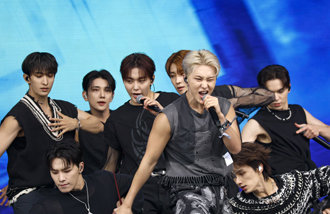The difficulty of marrying up
A woman who works as a contract teacher at a high school has a father who runs a small dimsum eatery. She happens to date a rich doctor who is an only child. The doctor`s mother insists that he date a fellow doctor instead of an ordinary woman. The woman and the doctor eventually get married but his mother asks her daughter-in-law to go away. This is a plot of an ongoing Korean TV drama. Another series describes the conflict between an ambitious man who marries a woman from a rich family and his father-in-law, who refuses to accept him.
In Korean dramas, marrying someone from a different social class is a popular motif along with birth secrets. They involve parents who want their child to marry a partner with a similar or better social and economic background, children who are naive to fight for their loves, and people who approach them with the intent to marry up. So why do Korean dramas repeat the same motif? Many young people want to marry up while upper-middle class parents want to arrange marriage with a partner having a similar background.
The New York Times said marriage has become a standard that divides social classes. The well-educated and affluent get married and have families while the uneducated and poor raise children without marriage. The latter`s children repeat what their parents did, further widening a new class divide. Forty percent of American children are born to single moms or unmarried parents.
The Cinderella story of marriage being often used as a ladder to a higher social class is often seen in movies and novels. The notion that marriage is all about love and caring, not conditions or materials, might ring hollow at a time when many young people consider wealth, academic background, appearance and job before deciding on marriage partners. The feudal caste system disappeared a long time ago but the desire to marry up in todays new social class paradigm sometimes succeeds and sometimes fails in frustration.
Editorial Writer Koh Mi-seok (mskoh119@donga.com)







